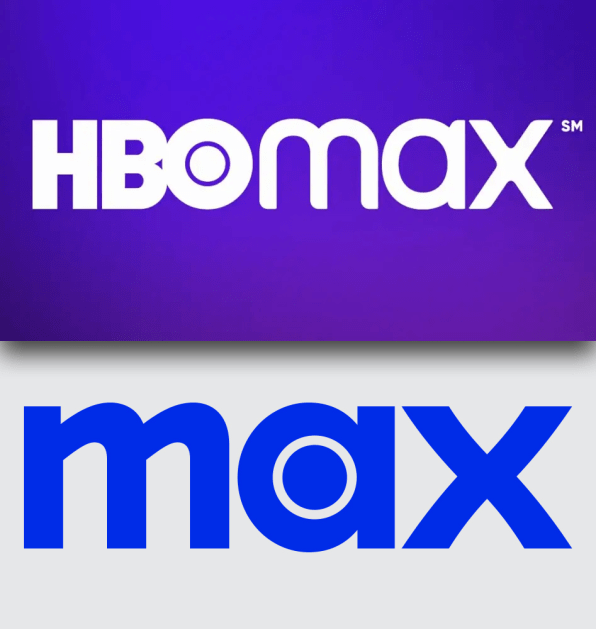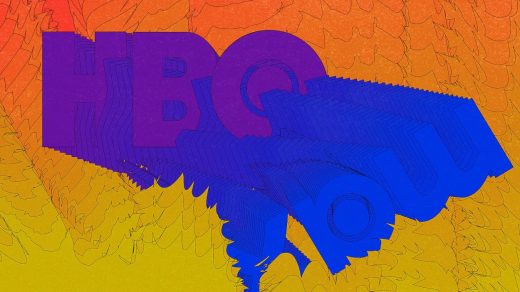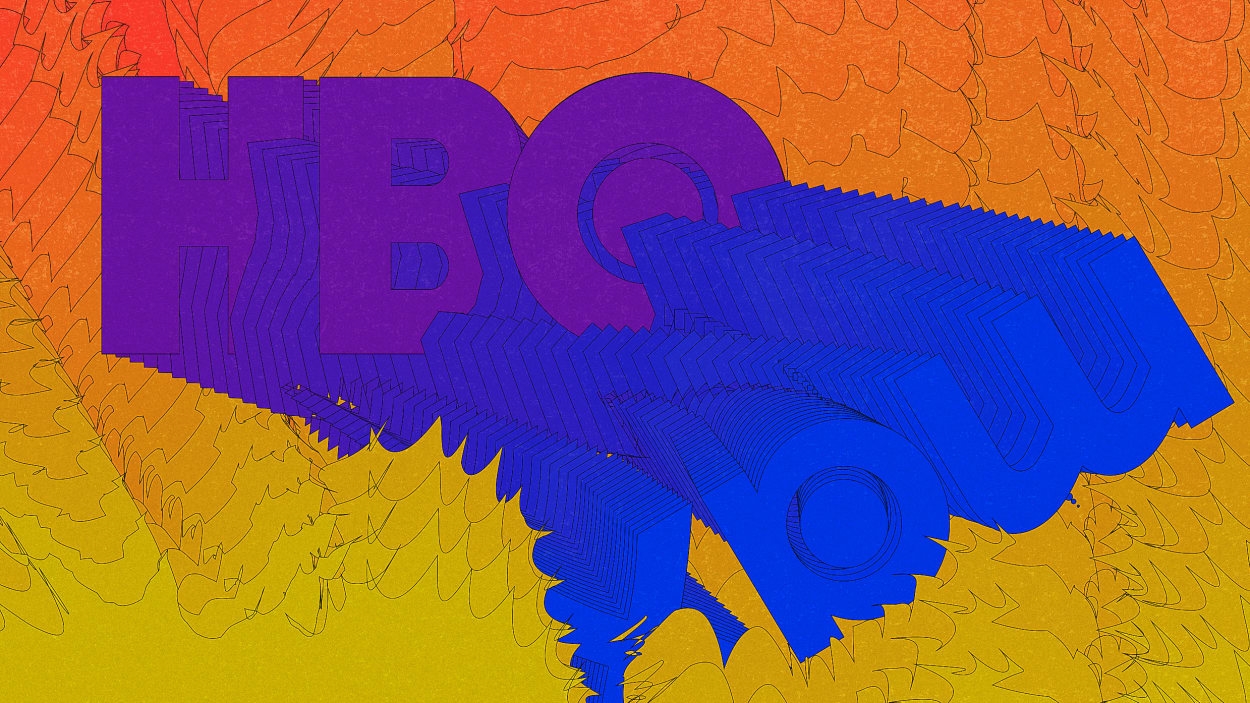What was HBO Max thinking? 3 experts decode the rebrand blunder of the year
About a month ago, the media conglomerate Warner Bros. Discovery dropped a bombshell: Only three years after launching HBO Max, the streaming service would undergo a total overhaul. HBO Max would become Max, the platform would gain a new tagline, and its signature purple logo would be replaced by a deeply unoriginal blue.
Max made its debut this week, with the logo set in a new typeface called Max Sans, and an almost too-ridiculous-to-believe tagline that reads, “The one to watch.”

Unsurprisingly, the internet was fairly united in its opinion: “This HBO max rebrand reeks of someone super senior having a terrible idea that nobody had the courage to tell them was terrible,” one person wrote on Twitter. “How to lose your brand identity in one move,” wrote another.
But what do the actual branding experts think? Did Warner Bros. Discovery throw years of hard-earned prestige down the drain? Or is there a method to the madness? We asked branding gurus to weigh in and, perhaps unexpectedly, they were torn.
Opinion #1: HBO screwed up, big-time
“I am completely bewildered by the HBO Max rebrand,” says Debbie Millman, a designer, brand consultant, and host of the Design Matters podcast. “HBO took four decades of prestige and casually tossed it all into a dumpster, lit a match, and cheered as it burned.”
Indeed, the cable television company launched in 1972 and is today the country’s longest continuously operating subscription television service. Over those years, it has come to be associated with hit movies, sports events, and TV shows like The Sopranos, Game of Thrones, and Succession. The name HBO was synonymous with quality, so why give it up?
For Millman, there is no rationale whatsoever. “It is simply a disaster that never, ever should have happened. Brand mistake of the decade, and we’re only three years in.”
But there’s an official reason. Patrizio Spagnoletto, Warner Bros. Discovery’s global chief marketing officer of streaming, told AdAge that the company needed to widen its tent. “By moving to Max, we wanted to clearly signal a change in the broadening and the breadth of the content, though the quality stays the same,” he said.
Max will offer more than 35,000 hours of programming—that’s more than double what was available via HBO Max. The company also says the platform will have a smoother video playback experience, and a simplified navigation that might just fix some of its UX sins.
The problem is, the word Max isn’t exactly memorable. “Max is not distinguishing or sticky,” says Lynn Haviland, a brand strategist and naming specialist. “In fact, it’s generic and used ubiquitously, usually as a sub-brand to differentiate between a line of products or services as it was with HBO Max,” she adds, in reference to HBO Go and HBO Now. “Max is certainly more of a mass-market kind of name but doesn’t bring much else to the brand.”
Opinion #2: HBO crushed it
But this is precisely the question at play: What is the HBO brand? Is it tied to the word HBO, or can it stand on its own? According to Brian Collins, cofounder of brand consultancy Collins, HBO has built its cachet from the string of quality shows it has aired over the years. Sure, HBO pioneered free previews and same-day blockbuster releases. And sure, it was the first channel to stream by satellite, but “it is not, not, not what caused people to fall in love with them,” he says.
What did, he contends, were celebrated shows like The Sopranos, Euphoria, and John Oliver’s Last Week Tonight, which placed HBO at the heart of the cultural zeitgeist. “Remember: HBO stood for Home Box Office. So it’s the show they give their audience the ticket to that counts,” Collins says. “People keep returning to brands for years, if not generations, because of their enduring promise of a specific, relevant quality.”
As such, all Max has to do is continue to deliver knockout storytelling—and the audience will follow along. “Me? I’m already there,” Collins says. “Yes, I would have kept the purple. It was differentiating. And that’s important in a look-alike landscape. But you can make up for it, Max. Just make more Boardwalk Empire, please. And put Bugs Bunny back on.”
(8)



